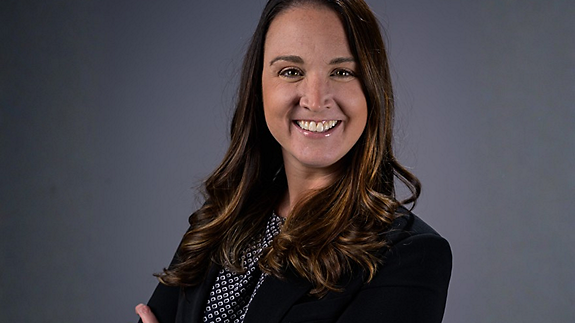Welcome to our Newsroom

IN THE COMMUNITY Golden Futures program invests in kids’ passions and students’ next steps
New awards and scholarships from New York Life support children and teens across the country.
AI stories
Content hubs

Our history
Learn about aour 180-year heritage.

Financial strength
Learn about our company strength and stability.

Awards
See how we are leading the industry.

In the community
Discover how we're making a difference.










